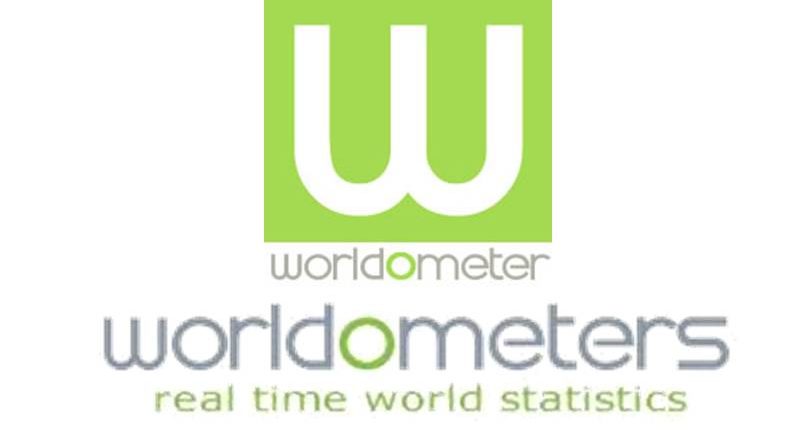By Muhammad Amaan
Cancer has killed not less than 778,625 people globally in 2024, Worldometer, a live world statistic on population, government and economics, society and media, environment, food, water, energy, and health, revealed on Sunday.
As of the time of filing this report, not less than 13,691 deaths caused by cancer have been recorded globally today, according to Worldometer’s statistics, which change virtually every second.
The data on the debilitating disease mortality, which is displayed on the site, is based on the latest statistics published by the World Health Organisation (WHO).
“In 2005, 7.6 million people died of cancer out of 58 million deaths worldwide,” it stated.
Worldometer is run by an international team of developers, researchers, and volunteers who make world statistics available in a thought-provoking and time-relevant format to a wide audience around the world.
Its owner, Dadax, an independent company, says it has no political, governmental, or corporate affiliation.
According to the company, data on cancer mortality displayed on Worldometer is based on the latest statistics published by the WHO.
Cancer is a large group of diseases that can start in almost any organ or tissue of the body when abnormal cells grow uncontrollably, go beyond their usual boundaries to invade adjoining parts of the body, and/or spread to other organs.
According to the disease is the second leading cause of death globally, accounting for an estimated 9.6 million deaths, or one in six deaths, in 2018.
Lung, prostate, colorectal, stomach, and liver cancer are the most common types of cancer in men, while breast, colorectal, lung, cervical, and thyroid cancer are the most common among women.
The WHO’s International Agency for Research on Cancer said the number of new cancer cases will rise to 35 million in 2050.
The increase, WHO said is 77 per cent higher than the figure in 2022.
In Africa, approximately 882,882 new cancer cases occurred in the WHO African Region with around 573,653 deaths in 2022.
The WHO Regional Director for Africa, Dr Matshidiso Moeti, warned that if urgent measures are not taken, cancer mortality in the region might reach about one million deaths annually by 2030.
Between 2022 and 2024, the focus of World Cancer Day has been to help “Close the cancer gap.”
Meanwhile, this year marks the third and final year of the campaign.
This year’s theme, ‘Together, we challenge those in power’, encompasses the global demand for leaders to prioritise and invest in cancer prevention and care and to do more to achieve a just and cancer-free world.
According to the National Cancer Prevention and Control Plan (2018-2022), cancer is responsible for 72,000 deaths annually in Nigeria, with a reported 102,000 new cases each year.
Moeti, however, commended the progress made in cancer prevention and care in Africa, adding, “For instance, 17 countries have introduced high-performance-based screening tests in line with the WHO recommendations.
“Also, 28 of our Member States have introduced nationwide HPV vaccination to reach about 60 per cent of the priority population targeted with HPV vaccination.
“This year’s theme is auspicious as it reinforces all persons and groups’ universal right to health. We believe that regardless of socioeconomic status, geographic location, age, and gender, every person must be afforded an equal chance at the prevention, diagnosis, and treatment of cancer.
“We call on the region’s countries, communities, partners, and civil society to unite and foster universal access to cancer prevention and care. Stakeholders must identify feasible priorities, implement evidence-based population-wide interventions, and invest in cancer control,” Moeti noted.
Moeti urged countries to use the updated WHO Best Buys, the facilitative tool designed to enable governments to select lifesaving policies and interventions for non-communicable diseases.
The regional director said leaders are responsible for ensuring that cancer prevention and care deploy technologies and therapies that are available at low cost to affected persons and their families, which are value for money.
“Furthermore, countries should strengthen information systems to gather quality data for decision-making.
“We reiterate that civil societies, especially organisations of cancer survivors or persons with liver cancer experiences, are critical in the fight against cancer in Africa. Such a whole-of-society approach to cancer prevention and care is the essence of this year’s World Cancer Day theme.
“Together, we challenge those in power to go the extra mile for a cancer-free Africa,” she added.




